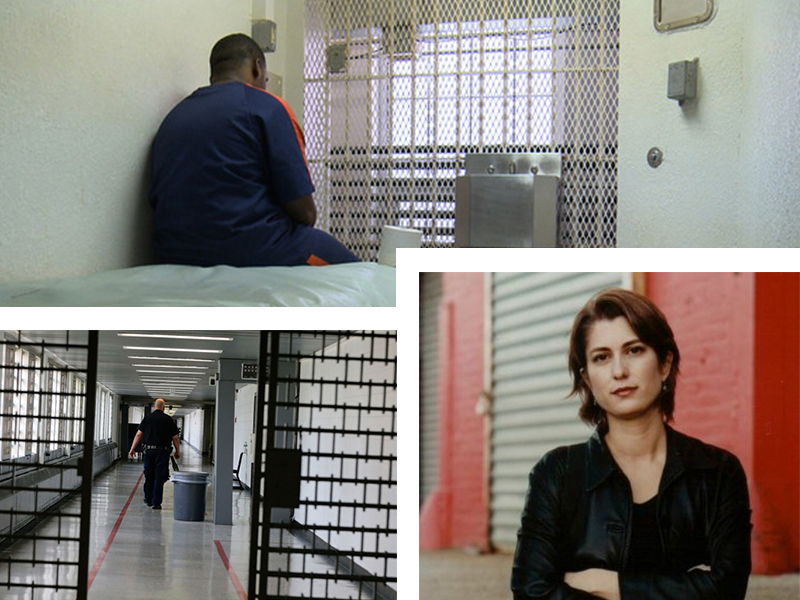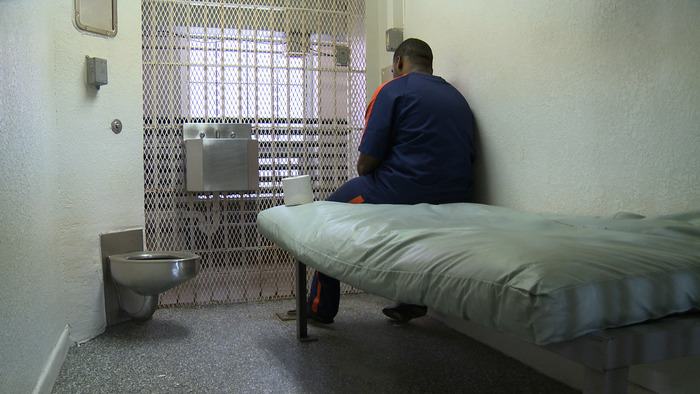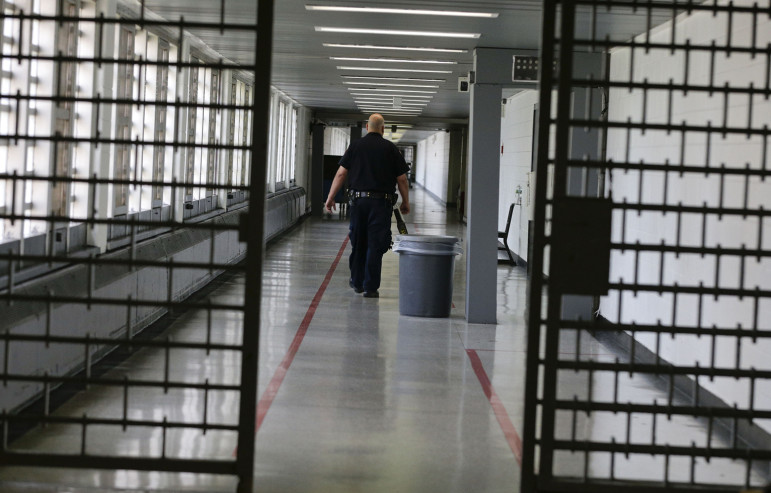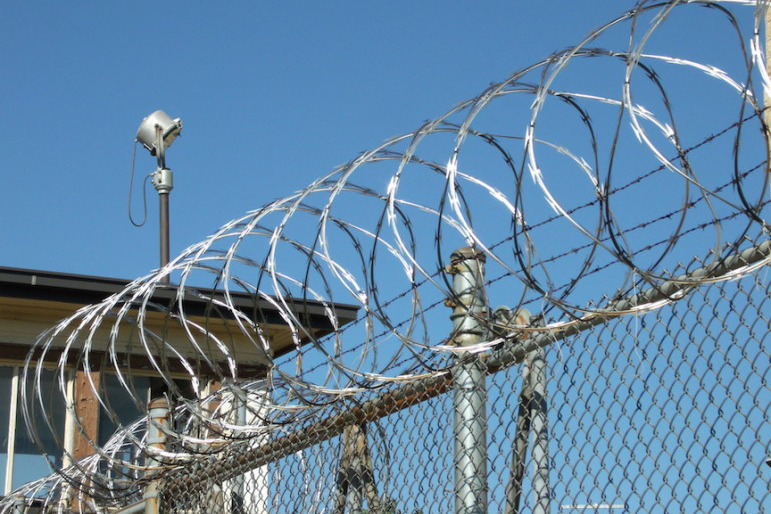In Their Own Words, Inmates Discuss the Riddle of Juvenile Justice
In their own words: “If you lock people up and don’t teach them something, it’s a lose/lose situation.”
Looking Ahead: What Should OJJDP, Policymakers Do for Juvenile Justice?
Juvenile justice policy at the federal level is in a state of uncertainty right now, but five key recommendations by the Federal Advisory Committee on Juvenile Justice are already being incorporated by the OJJDP and federal policymakers.
A Life-and-Death Struggle for Asylum in America
To win asylum, or refugee status, even children have to go beyond simply proving that they’re being truthful about terrifying experiences.
OP-ED: Police Still Getting Away With Murder
The relationship between police and the black community is only getting worse and cannot be changed if steps aren’t taken to alleviate or end these horrible events.
OP-ED: Ripple of Hope for Dual Status Youth
We have substantial knowledge about what it takes to mitigate the effects of maltreatment and bend the trajectory for youth away from continued delinquency and its adverse consequences. The sum of this knowledge imposes an ethical imperative upon all of us working for children and youth to collaborate and make use of our resources to enact reform.



